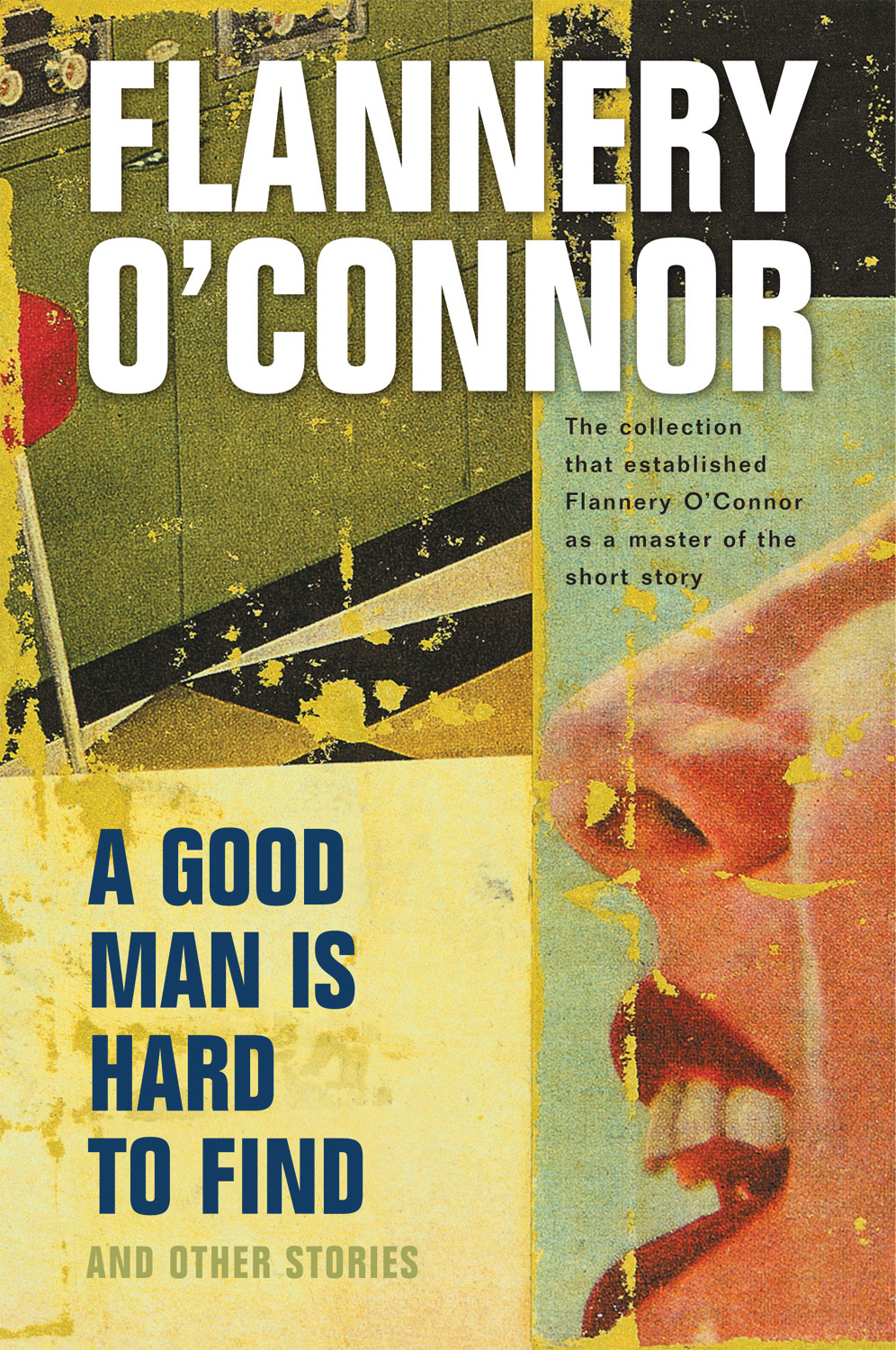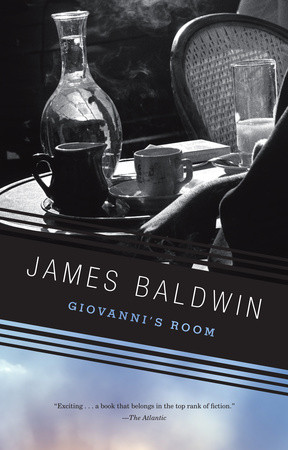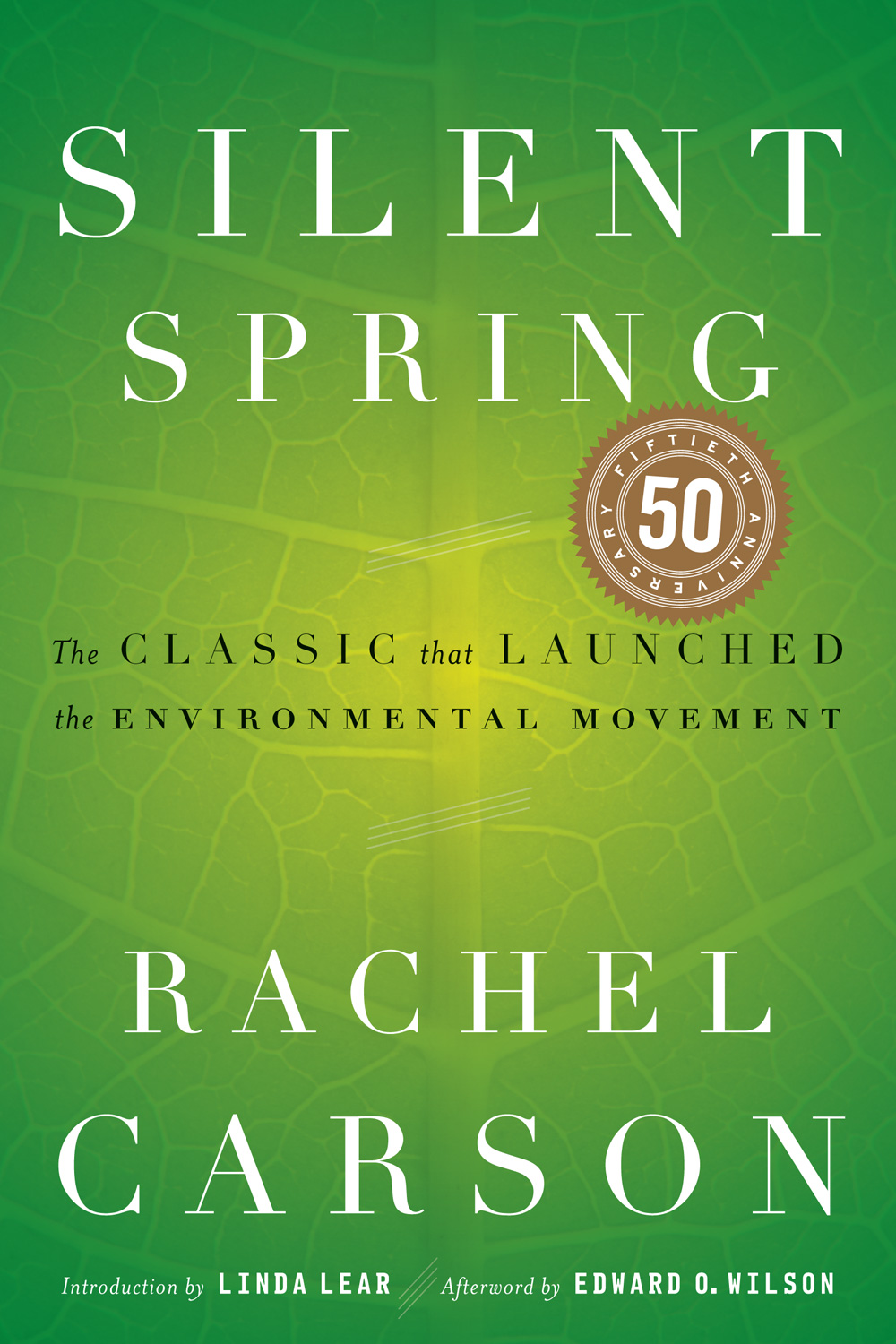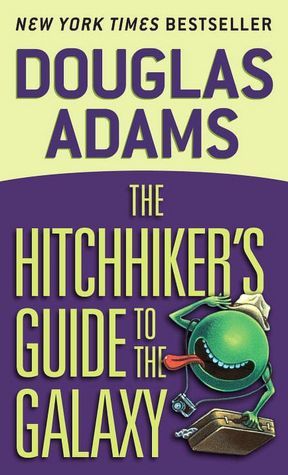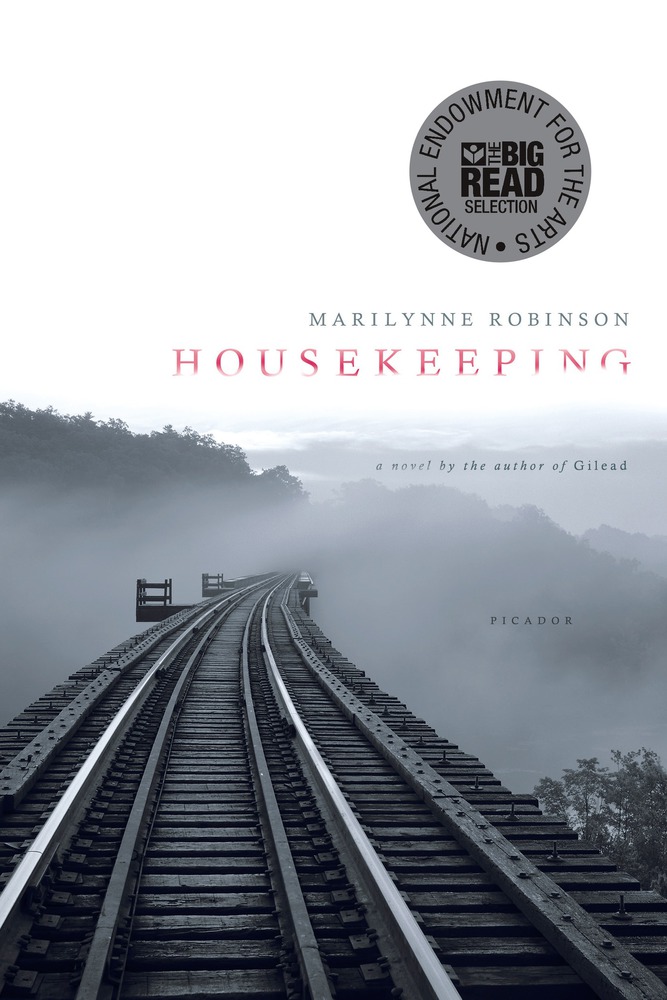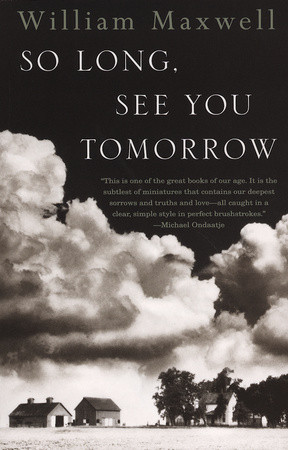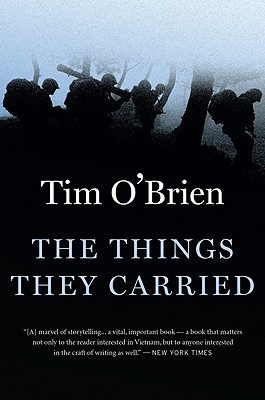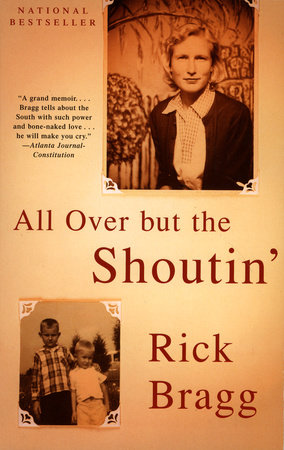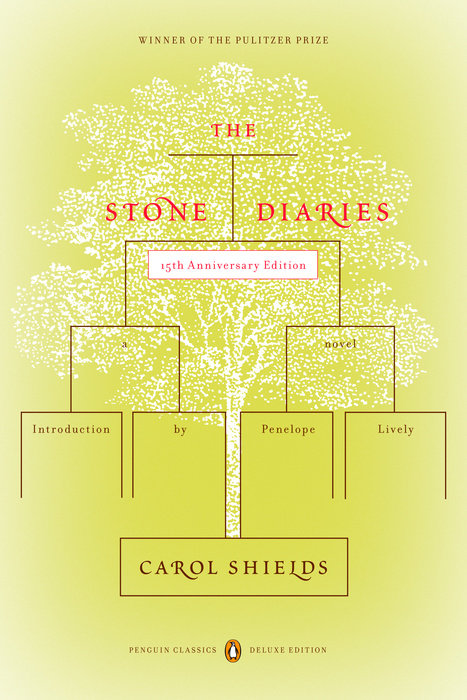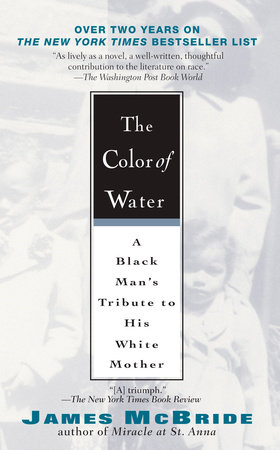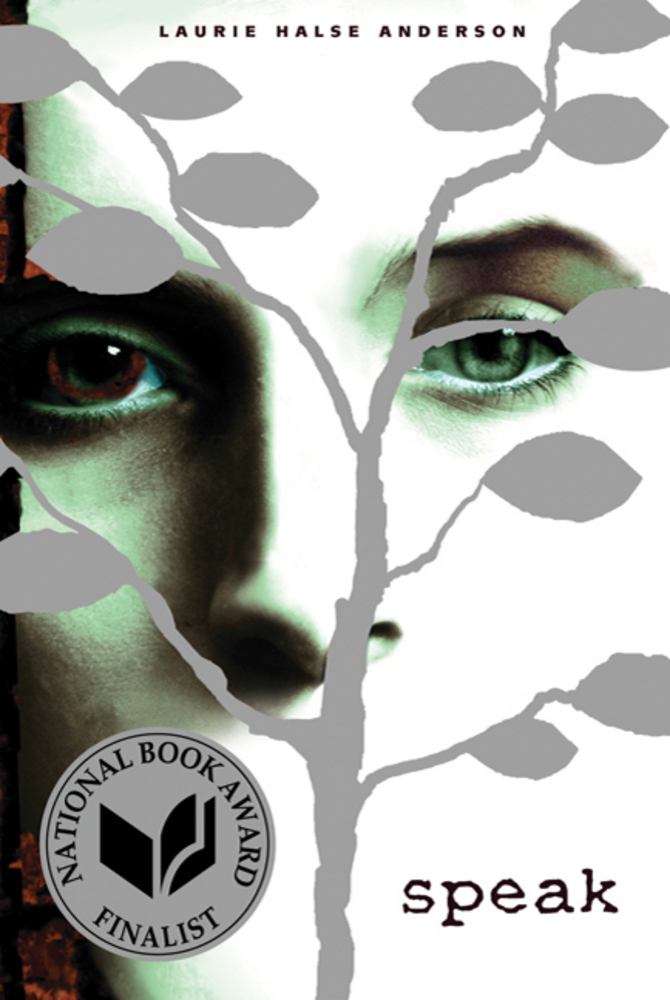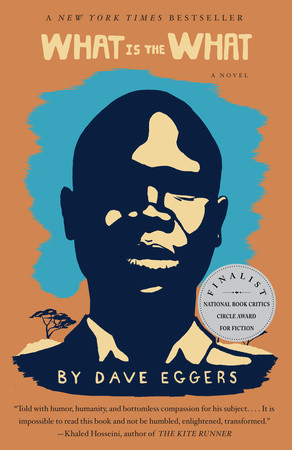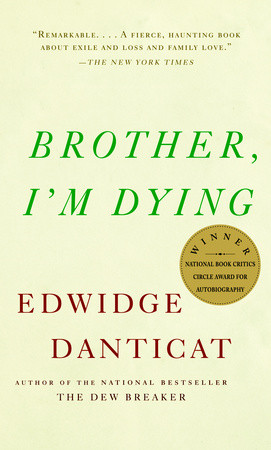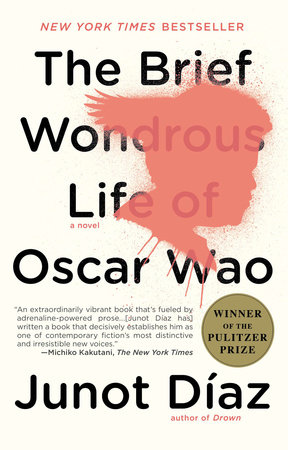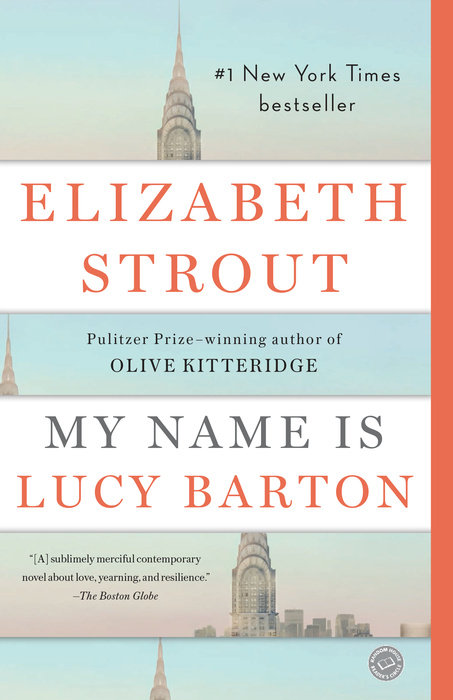Ann Patchett is the award-winning author of BEL CANTO, THE MAGICIAN’S ASSISTANT, STATE OF WONDER, and more. Her latest novel, COMMONWEALTH, confirms once again her incredible literary talent. She also has incredible taste. As such, we’re so glad that Parade asked her to choose 75 of the most outstanding books from the past 75 years. Her picks date back to the 1950s and highlight some of the finest fiction and nonfiction of the past decades. So we just had to share some of our favorites from her “best of the best” list. Here they are in chronological order.

15 Books from Ann Patchett’s Very Long List of Favorites
In 1955, Flannery O’Connor established herself as one of the most original and provocative writers of her generation. Steeped in a Southern Gothic tradition, this story collection illuminates O’Connor’s grotesque view of life infused with religious symbolism, haunted by apocalyptic possibility, and sustained by the tragic comedy of human behavior.
In 1955, Flannery O’Connor established herself as one of the most original and provocative writers of her generation. Steeped in a Southern Gothic tradition, this story collection illuminates O’Connor’s grotesque view of life infused with religious symbolism, haunted by apocalyptic possibility, and sustained by the tragic comedy of human behavior.
Set in the 1950s Paris of American expatriates, liaisons, and violence, a young man finds himself caught between desire and conventional morality. James Baldwin’s now-classic novel creates a moving, highly controversial story of death and passion that reveals the unspoken complexities of the human heart.
Read a Classic by an Author of Color
Set in the 1950s Paris of American expatriates, liaisons, and violence, a young man finds himself caught between desire and conventional morality. With a sharp, probing imagination, James Baldwin’s now-classic narrative delves into the mystery of loving and creates a moving, highly controversial story of death and passion that reveals the unspoken complexities of the human heart.
Originally published in 3 serialized excerpts in a 1962 issue of The New Yorker, SILENT SPRING spurred revolutionary changes in the laws affecting our air, land, and water. Rachel Carson’s iconic work alerted a large audience to the environmental and human dangers of indiscriminate use of pesticides and still remains relevant today.
Rachel Carson’s Silent Spring was first published in 3 serialized excerpts in the New Yorker in June of 1962. The book appeared in September of that year and the outcry that followed its publication forced the banning of DDT and spurred revolutionary changes in the laws affecting our air, land, and water. Carson’s passionate concern for the future of our planet reverberated powerfully throughout the world, and her eloquent book was instrumental in launching the environmental movement.
MENTIONED IN:
Seconds before the Earth is demolished, Arthur Dent is plucked off the planet by his friend, Ford Prefect—a researcher for the revised edition of “The Hitchhiker’s Guide to the Galaxy.” Together this dynamic pair begin an exhilarating journey through space (the basis of the 2005 film starring Martin Freeman and Mos Def).
Seconds before the Earth is demolished to make way for a galactic freeway, Arthur Dent is plucked off the planet by his friend Ford Prefect, a researcher for the revised edition of The Hitchhiker's Guide to the Galaxy who, for the last fifteen years, has been posing as an out-of-work actor. Together this dynamic pair begin a journey through space aided by quotes from The Hitchhiker's Guide ("A towel is about the most massively useful thing an interstellar hitchhiker can have") and a galaxy-full of fellow travelers: Zaphod Beeblebrox--the two-headed, three-armed ex-hippie and totally out-to-lunch president of the galaxy; Trillian, Zaphod's girlfriend (formally Tricia McMillan), whom Arthur tried to pick up at a cocktail party once upon a time zone; Marvin, a paranoid, brilliant, and chronically depressed robot; Veet Voojagig, a former graduate student who is obsessed with the disappearance of all the ballpoint pens he bought over the years. Where are these pens? Why are we born? Why do we die? Why do we spend so much time between wearing digital watches? For all the answers stick your thumb to the stars. And don't forget to bring a towel!
A modern classic, HOUSEKEEPING is the story of two sisters, Ruth and Lucille, who grow up haphazardly after their mother takes her own life. Ruth and Lucille struggle toward adulthood, weighing the price of loss, survival, and transience as they are passed from relative to relative until they finally come under the care of their eccentric aunt.
You might mistake this book for a quiet pastoral, but it’s so much bigger than that. The internal lives of the women passing through and lingering in the house near Fingerbone are by turns haunting, exhilarating, and, ultimately, profound. It’s also just a teensy bit mystical, as if the house is constantly surrounded by fog.
Fifty years after a murder on a rural Illinois farm, a man tries to reconstruct the events and is inevitably drawn back to his childhood friend, whose father was the murderer. Out of memory and imagination, the surmises of children and the destructive passions of their parents, William Maxwell creates a luminous American classic of youth and loss.
Fifty years after a murder on a rural Illinois farm, a man tries to reconstruct the events and is inevitably drawn back to his childhood friend, whose father was the murderer. Out of memory and imagination, the surmises of children and the destructive passions of their parents, William Maxwell creates a luminous American classic of youth and loss.
A classic meditation on war, memory, imagination, and the redemptive power of storytelling as written by a Vietnam veteran, THE THINGS THEY CARRIED will open your eyes—as it has for students across America—to the nature of war in a way you’ll never forget.
MENTIONED IN:
Pulitzer Prize–winning New York Times reporter Rick Bragg grew up dirt-poor in Alabama. ALL OVER BUT THE SHOUTIN’ is his recollection of a life on the American margin and the story of the dedication and sacrifice of his mother, who inspired him to greatness.
Rick Bragg grew up dirt poor in northeastern Alabama and was seemingly destined for either the cotton mills or the penitentiary, but because of his mother’s dedication and sacrifice, he instead became a Pulitzer Prize–winning reporter for The New York Times.
Carol Shields won the Pulitzer Prize for this subtle portrait of an everywoman reflecting on an unconventional life. What transforms this seemingly ordinary tale is the richness of Daisy’s vividly described inner life—from her earliest memories of her adoptive mother to her awareness of impending death.
Carol Shields won the Pulitzer Prize for this subtle portrait of an everywoman reflecting on an unconventional life. What transforms this seemingly ordinary tale is the richness of Daisy’s vividly described inner life—from her earliest memories of her adoptive mother to her awareness of impending death.
James McBride—journalist, musician, and son—explores his mother’s past, as well as his own upbringing and heritage, in his poignant and powerful memoir. THE COLOR OF WATER is a touching and vivid portrait of growing up, a haunting meditation on race and identity, and a lyrical valentine to a mother from her son.
As a young man, James McBride saw his mother as a source of embarrassment, worry, and confusion—and reached thirty before he began to discover the truth about her early life and long-buried pain. Here, he retraces his mother’s story and her searing, spirited voice.
In Laurie Halse Anderson’s powerful young adult novel, an utterly believable heroine with a bitterly ironic voice delivers a blow to the hypocritical world of high school. Melinda, a freshman, becomes an outcast after she calls the cops at a party. In her art class, she finds solace and the voice she needs to face what really happened to her at that terrible party.
In Laurie Halse Anderson's powerful novel, an utterly believable heroine with a bitterly ironic voice delivers a blow to the hypocritical world of high school. She speaks for many a disenfranchised teenager while demonstrating the importance of speaking up for oneself.
WHAT IS THE WHAT is based on the life of Valentino Achak Deng, who, along with thousands of other children, is forced to leave his village in Sudan and trek hundreds of miles by foot while being pursued by militias, government bombers, and wild animals. When Deng finally resettles in the US, he finds a life full of promise and myriad new challenges.
The Sudanese civil war is poignantly rendered through the story of Valentino Achak Deng, a refugee now living in the United States. This moving and expansively human novel reveals the determination of one man as his world collapses around him.
BROTHER, I’M DYING is an astonishing true-life epic that follows Edwidge Danticat’s family from Haiti to New York City and chronicles the emotional effects of their emigration. While some family members were able to relocate to the U. S., they continued to fear for the safety of those they left in Haiti as the political climate deteriorated.
BROTHER, I’M DYING is an astonishing true-life epic that follows Edwidge Danticat’s family from Haiti to New York City and chronicles the emotional effects of their emigration. While some family members were able to relocate to the U. S., they continued to fear for the safety of those they left in Haiti as the political climate deteriorated.
Oscar is a sweet but disastrously overweight ghetto nerd who—from the New Jersey home he shares with his old-world mother and rebellious sister—dreams of becoming the Dominican J. R. R. Tolkien and finding love. But because of a curse that has haunted his family for generations, Oscar may never get what he wants.
This book emphasized to me that America very often is not just the space we occupy, but the histories, traditions, and cultures we/our ancestors brought with us to this space, whether 10 years ago or 300 years ago. America is informed by a multitude of traditions from around the world, and how we negotiate those traditions to form the American ideal is an exciting and fascinating process. – Etinosa Agbonlahor
As Lucy Barton recovers from an operation, her mother, to whom she hasn’t spoken for many years, comes to see her. Though gentle gossip seems to reconnect them, just below the surface Lucy recognizes a familiar tension and a longing to escape from her troubled family and become a writer.
As Lucy Barton recovers from an operation, her mother, to whom she hasn’t spoken for many years, comes to see her. Though gentle gossip seems to reconnect them, just below the surface Lucy recognizes a familiar tension and a longing to escape from her troubled family and become a writer.

